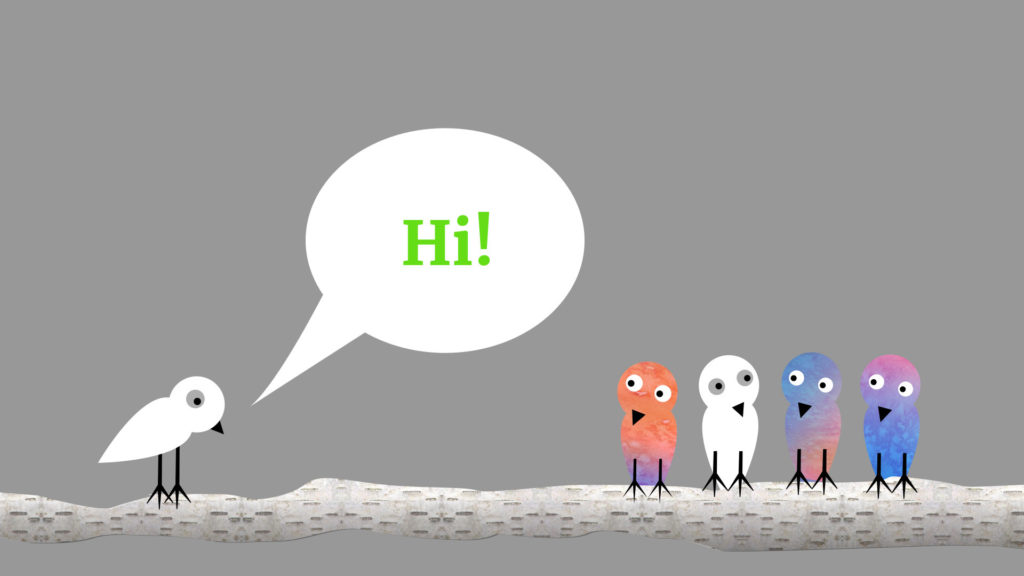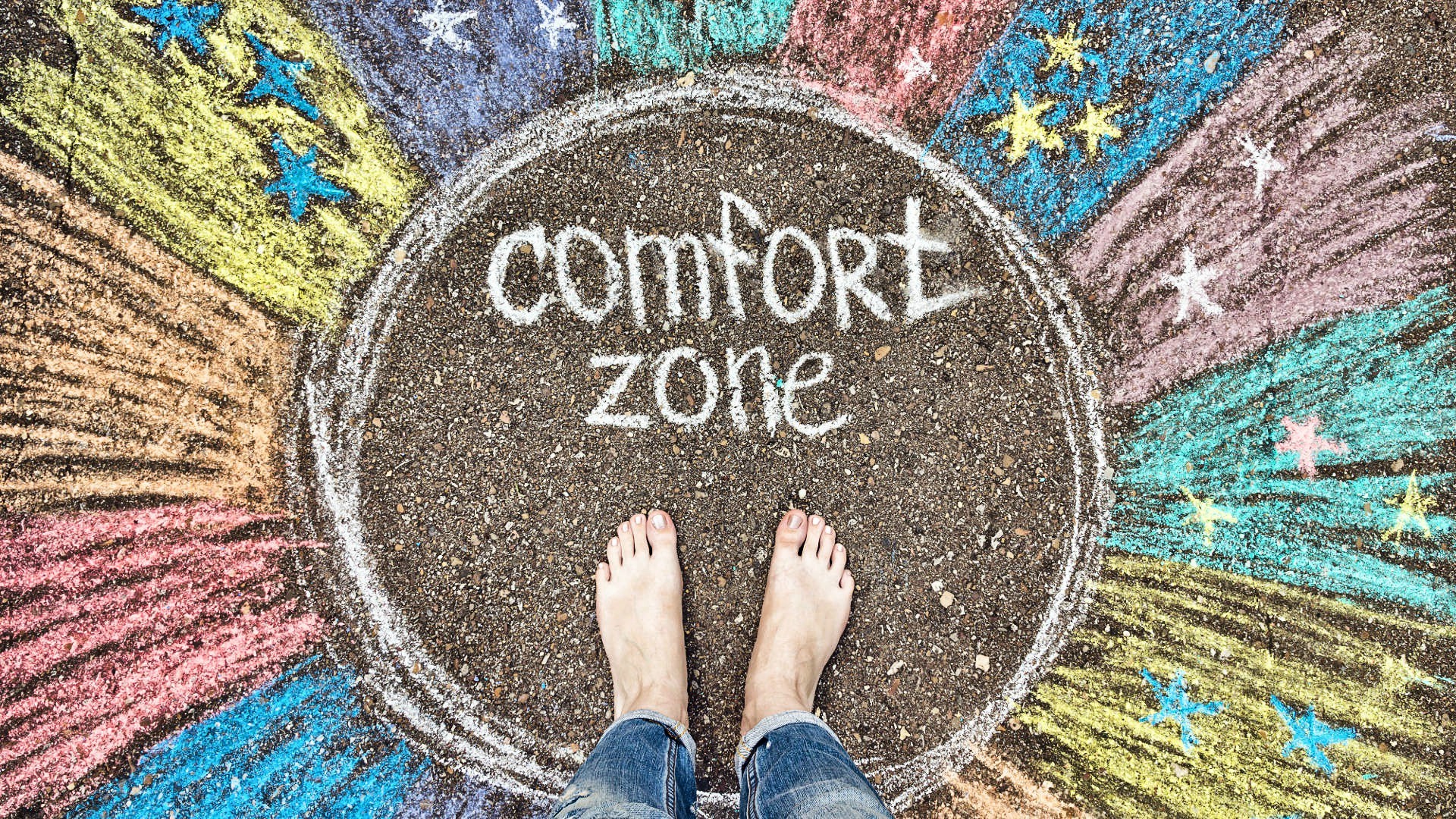
Shyness is the feeling of discomfort when around people. Shy people tend to keep themselves in the background and feel uncomfortable when put in the center of attention.
Origins
The current research indicates that the cause of shyness can be booth genetic, prenatal influences, environmental factors or from a traumatic social event.
Shy Or Introverted
Shyness and introversion are not the same. Introversion means the preference for quiet environments with a minimum of stimulus. However, introversion does not implicate feelings of anxiety in social situations. A person can be both shy and introverted but they are not related.
Shyness Or Social Anxiety
Shyness and social anxiety have boundaries that overlap, but they are two separate entities.
Shyness is a personality trait that causes anxiety, inhibition, and reticence in social situations. However, shy people do not have strong negative emotions connected to it and they can live a normal life.
Social anxiety is to experience fear so significant that you avoid social situations, to a point where it hinders a normal functioning life.
The definition of what is significant varies. By the most popular quantification of what significant fear is, 7% of the population has social anxiety.
Positive Aspects
Listening Skills
Shy people often possess great listening skills and listen first and talk after they have digested the topic. This can be an advantage in building relations according to the say “Seek first to understand, then to be understood.”
High Achievers
Shy people often have high personal standards and highly set goals. This goes both ways as a strive for perfectionism also risk creating too much self-criticism creating more shyness.
Negative Aspects
Internalizing Problems
As shy people don’t like to share their personal problems they tend to think about them in solitude instead of talking about them. This can create depression and feeling of isolation.
Academic Performance
Shy people perform worse when it comes to participation in debates, seminars, and classes that require open discussion. The shy person is often misinterpreted as less knowledgeable and less confident on the subject.
Mistaken For Low Intelligence
It has been shown that people evaluate shy people as less intelligent based on a first meeting. However, this effect fades after more interactions.
Problem Creating New Relationships
Since shy people are less likely to approach new people, they have harder forming new relationships. This creates several problems like not being able to form new friend relationships and problems initiating romantic or sexual bonds.
Alternate Cultural Perceptions
In western cultures, that value confidence and outspokenness, shyness is seen as a weakness. However, in eastern culture, shyness is perceived as a sign of thoughtfulness, intelligence, and good listening skills.
Since different cultures value shyness in different ways, sometimes as a positive trait and sometimes as a negative, shyness can have both positive and negative impact on the feeling of self-esteem and self-worth.
Sources
https://en.wikipedia.org/wiki/Shyness
https://www.theatlantic.com/entertainment/archive/2017/02/the-case-for-shyness/516933/






Leave A Comment